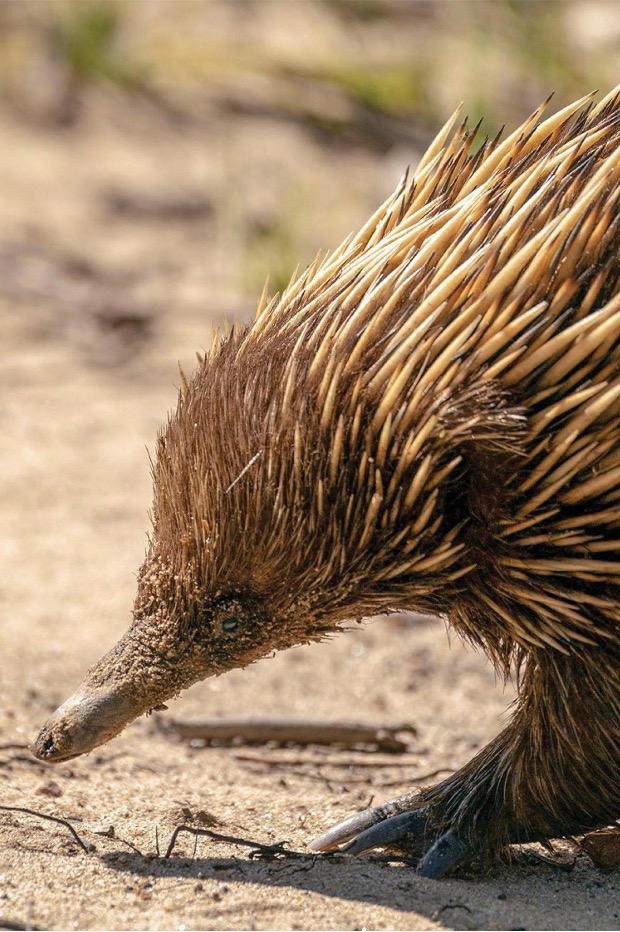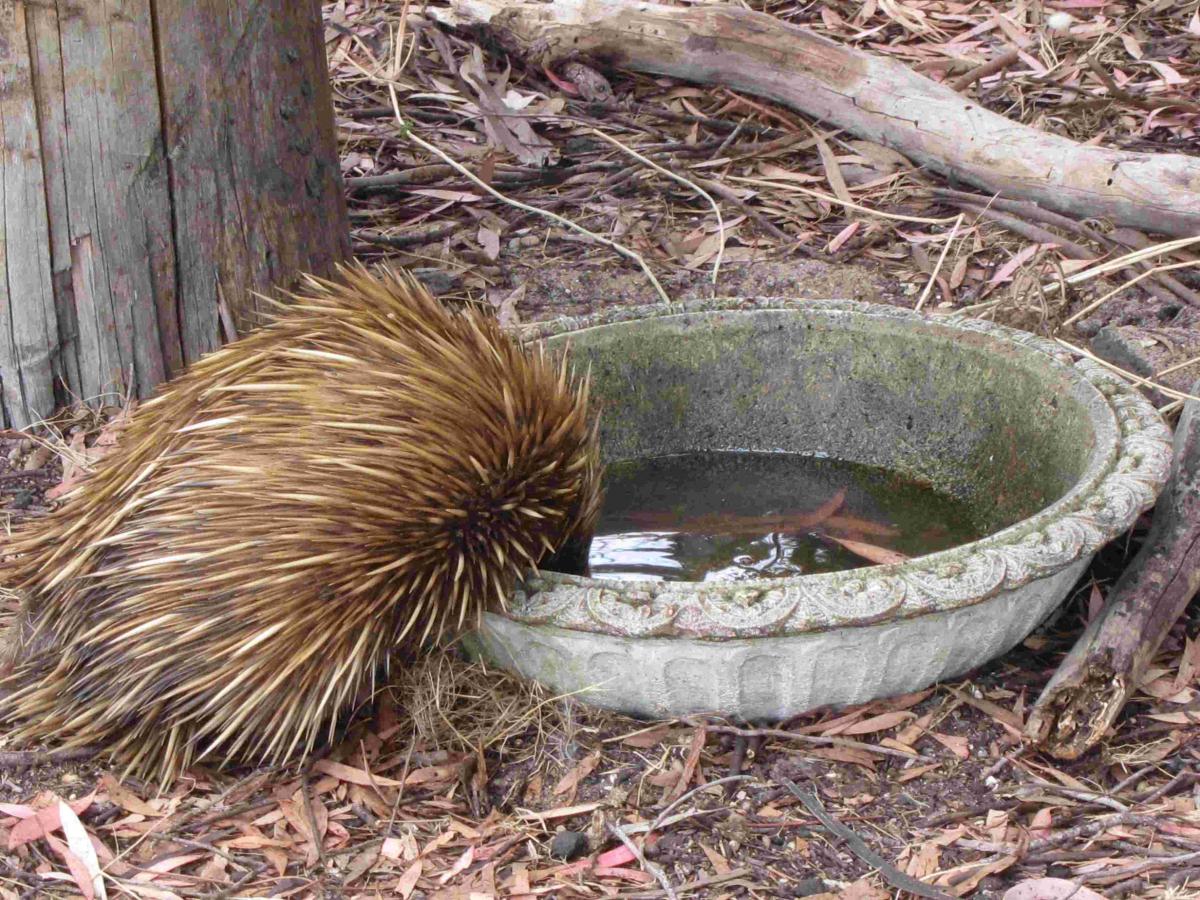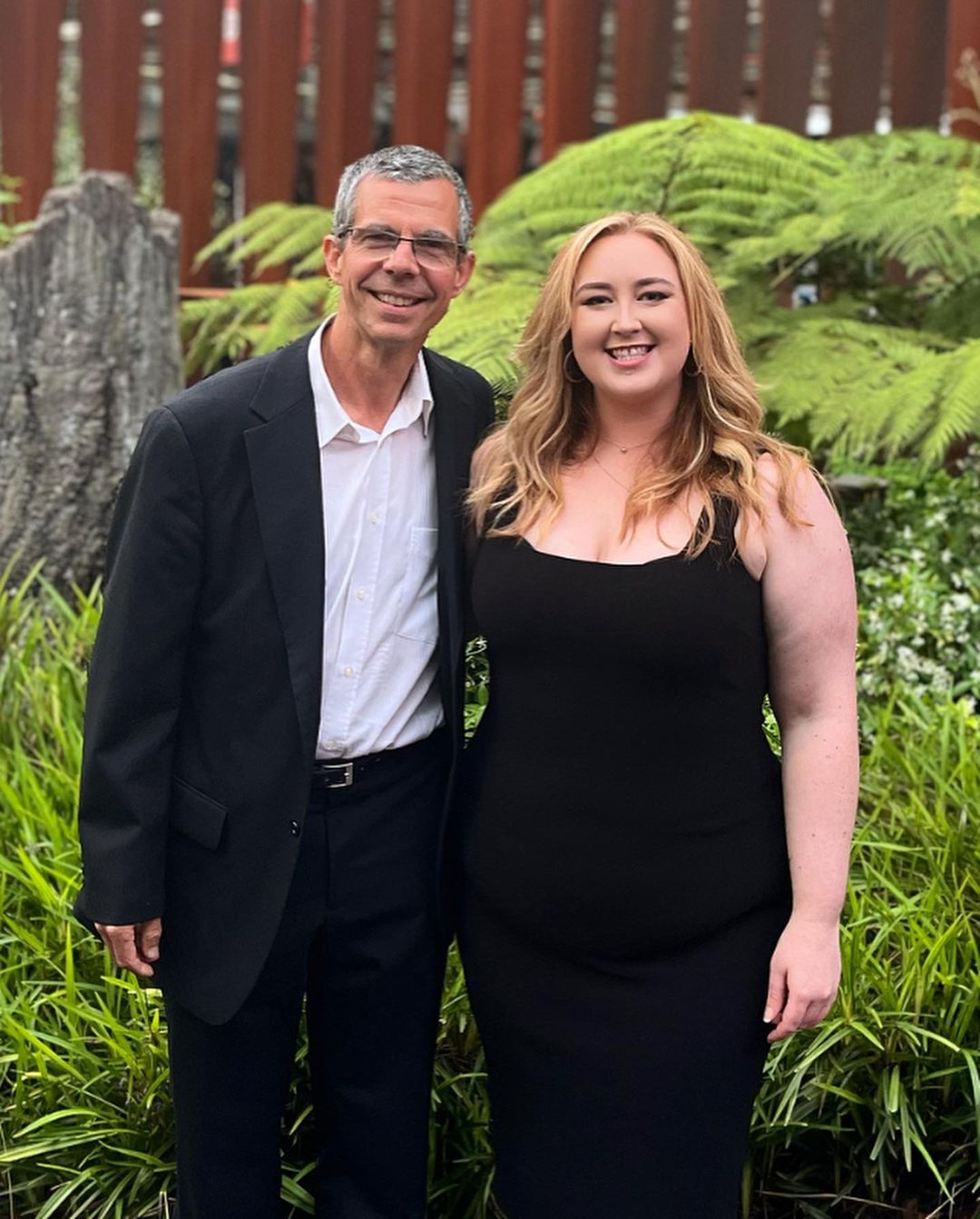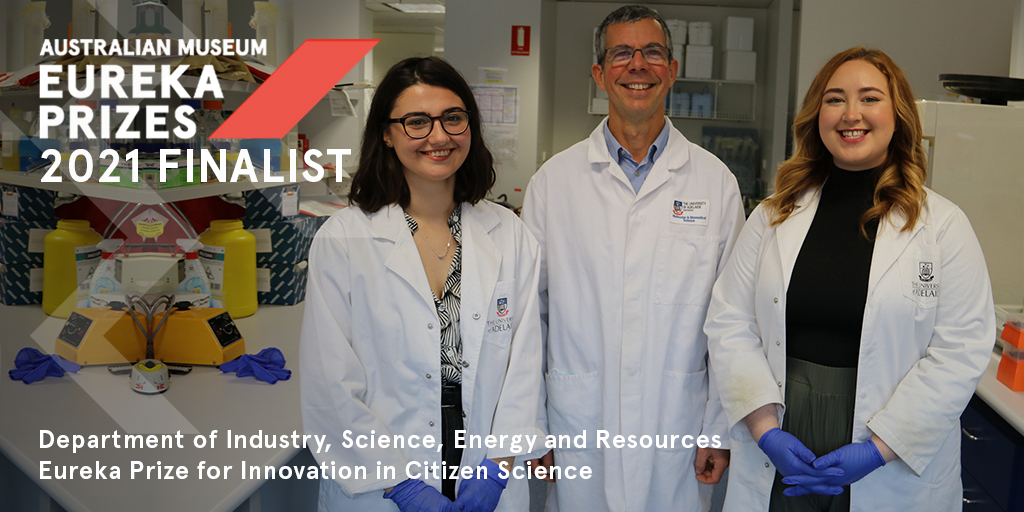On 31 October the University will hold its inaugural Giving Day. This will be a 24-hour fundraising challenge where our community has fun, raises awareness about the benefits of philanthropy, and has the chance to make a gift to the cause they are most passionate about at the University of Adelaide.
Gifts to our featured funds advance or enable important work, from improving our leading research capacity to protecting nature, empowering students, and uplifting our diverse communities.
Citizen science has boomed in Australia in the past few years, with volunteers now contributing valuable data to more than 640 projects nationwide. In addition to representing billions of dollars annually in volunteered time, citizen scientists contribute to and enable breakthrough research.
The award-winning Echidna Conservation Science Initiative (EchidnaCSI) is internationally recognised as an innovative, state-of-the-art citizen science project. Data and samples collected by citizen scientists over the past five years have enabled new research into echidna diet, gut bacteria and distribution, which is essential to support conservation of the short-beaked echidna across Australia.
EchidnaCSI was launched in 2017 by Dr Tahlia Perry, her PhD supervisor Professor Frank Grützner and Dr Peggy Rismiller.
Since then, EchidnaCSI has recruited thousands of volunteers to gather more than 14,000 confirmed Echidna sightings and 800 scat samples from all over Australia. It is impossible for scientists alone to obtain such an extraordinary number of sightings and samples.
“The ongoing success of a project on the national scale of EchidnaCSI depends on the public”, Dr Perry says, referring to citizen scientists as “saviours”.
“People love echidnas, and we see the passion for their conservation growing exponentially since the beginning of EchidnaCSI.”
Despite being the face of the five cent coin and an undisputed national icon, little was known about these shy creatures until relatively recently.
“Roadkill, habitat destruction and feral animals like cats are the main threats for echidnas and they exist Australia-wide,” Professor Grutzner explains.
“We urgently need to obtain more data and material from echidnas across the country. There have been local studies in Tasmania and Kangaroo Island, but we still know very little about echidnas across most of the Australian continent.”
Gifts are needed to support the growth of citizen science in Australia and the invaluable benefits it provides to our habitat.
Lead image: The short-beaked echidna (Tachyglossus aculeatus) is the most widely distributed mammal in Australia.The echidna and platypus are the only members of the unique egg-laying mammals, monotremes, that diverged more than 180 million years ago and represent the oldest surviving mammals
Article originally published in the University’s Lumen Magazine.





